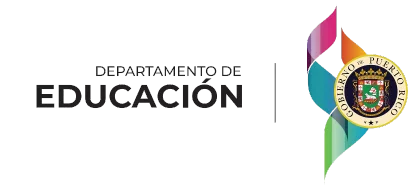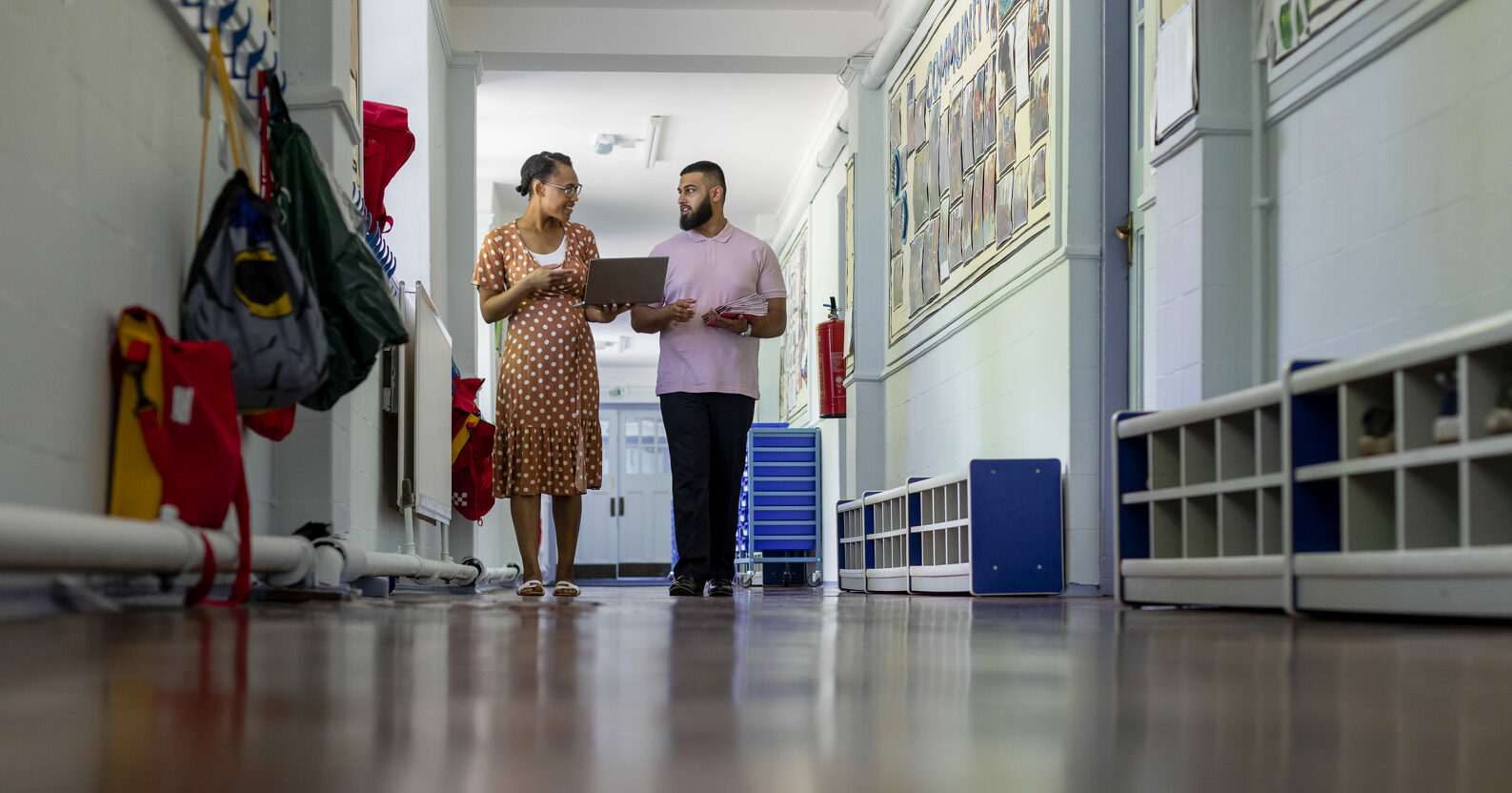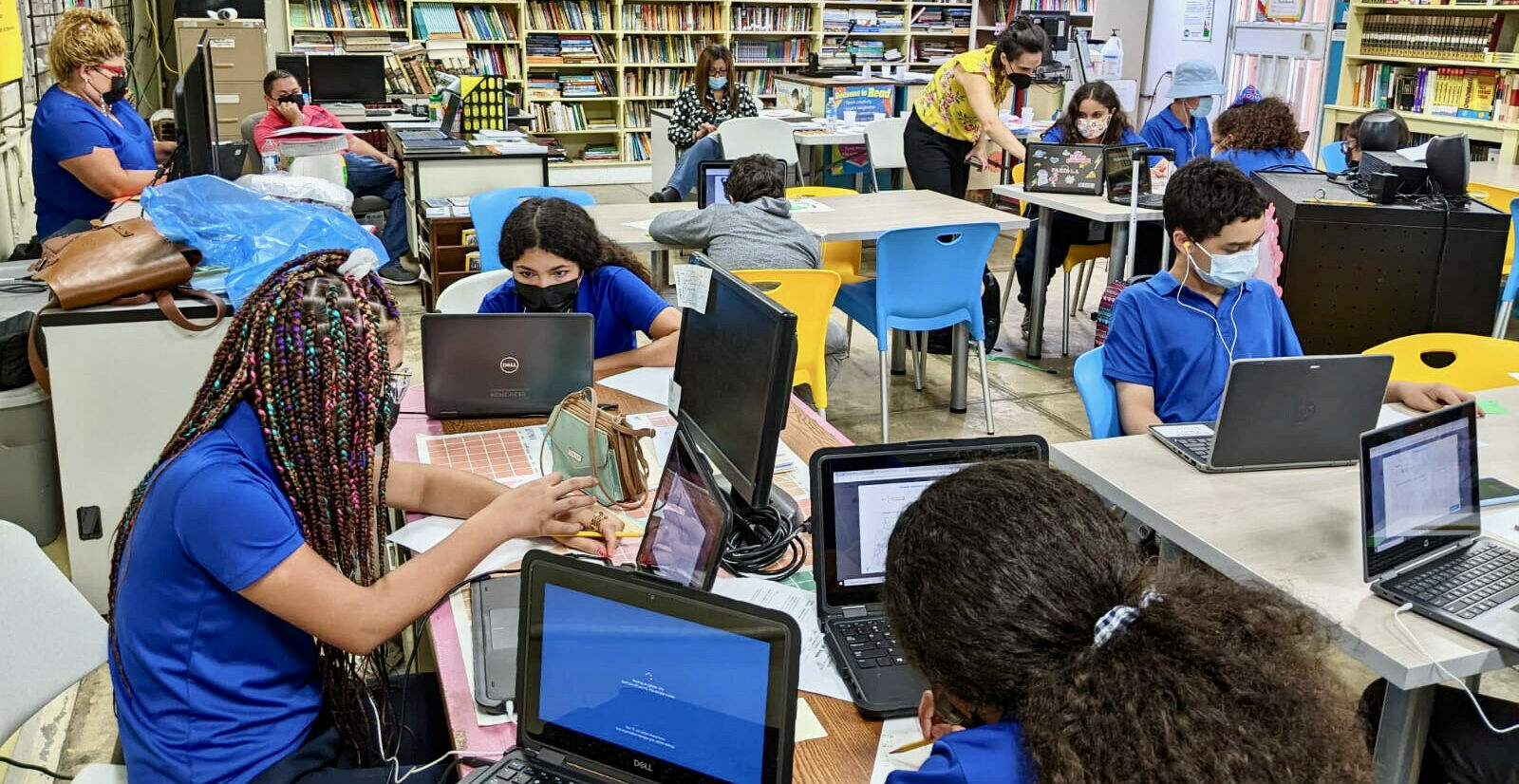
Catching Up with Computer-Assisted Learning
Training and Supporting Teachers to Use Computer-Assisted Learning Technologies
Students around the world experienced learning loss due to Covid-19 school shutdowns. In Puerto Rico, students had already experienced years of disruption due to Hurricane Maria in 2017, followed by earthquakes in 2019 and 2020. Their students’ standardized test scores in mathematics were of urgent concern to the Puerto Rico Department of Education (PRDE). According to the National Assessment of Educational Progress (NAEP),80 percent of fourth-grade students in the United States have a basic knowledge of mathematics, but only 15 percent of students in Puerto Rico could demonstrate that basic knowledge.
Aplicación de la Tecnología en la Enseñanza de las Matemáticas, or Technology Application in Mathematics Teaching (ATEMA) program, is one programmatic intervention PRDE took with the goal of improving math achievement. It is an approach dedicated to improving technology infrastructure, teacher training, mentoring, and applying low-cost interventions to improve mathematical education across Puerto Rico. Throughout the project’s process, the embedded research team has been and continues to monitor and evaluate its outcomes on teacher adoption and student achievement.
The project provides ongoing professional development opportunities for math teachers to use computer-assisted learning in the mathematics classroom. The first phase of the ATEMA program was implemented in a sample of grade 4-8 classrooms across Puerto Rico and tested through a randomized controlled trial (RCT).
During the same period, sixth graders at 16 different schools in 2022 also participated in The Khan Challenge as an addition or supplement to the ATEMA program. The challenge introduced a friendly competition between schools encouraging each student to spend two hours a week on the Khan Academy site. This one-off field experiment will showcase the short-term impacts of Khan Academy and teacher mentoring, as an example of computer-assisted learning (CAL) use in the classroom.
“Some schools were still working on setting up Internet access and computer distribution when we began to work on this project. The research partnership with the Department of Education is so strong and committed that we could revisit and refine the coordination strategy and look at the additional teaching supports that were needed. Throughout the project, the Department of Education team worked with us with flexibility and adaptability.”
Emily Goldman, Director of Research and Evaluation Partnerships in Puerto Rico, FOS
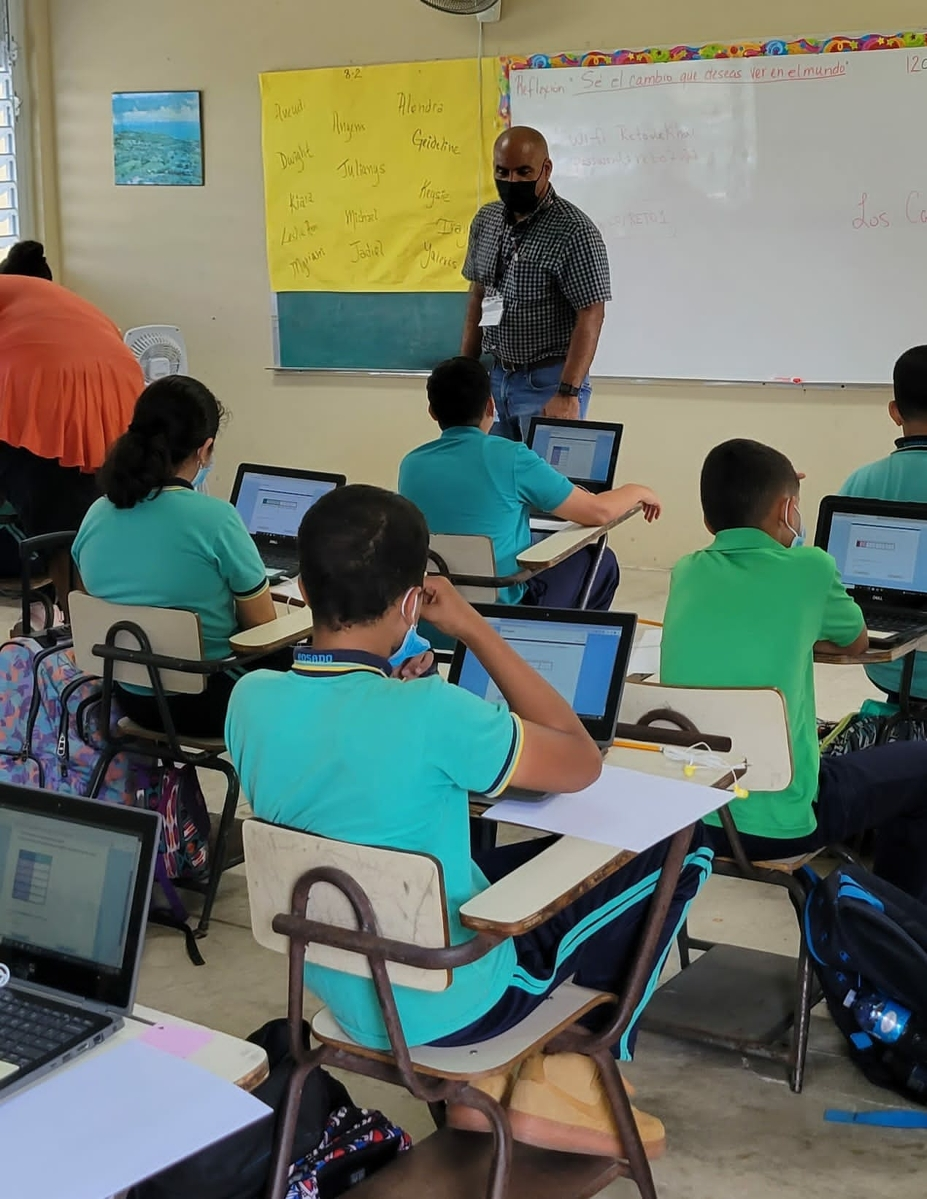
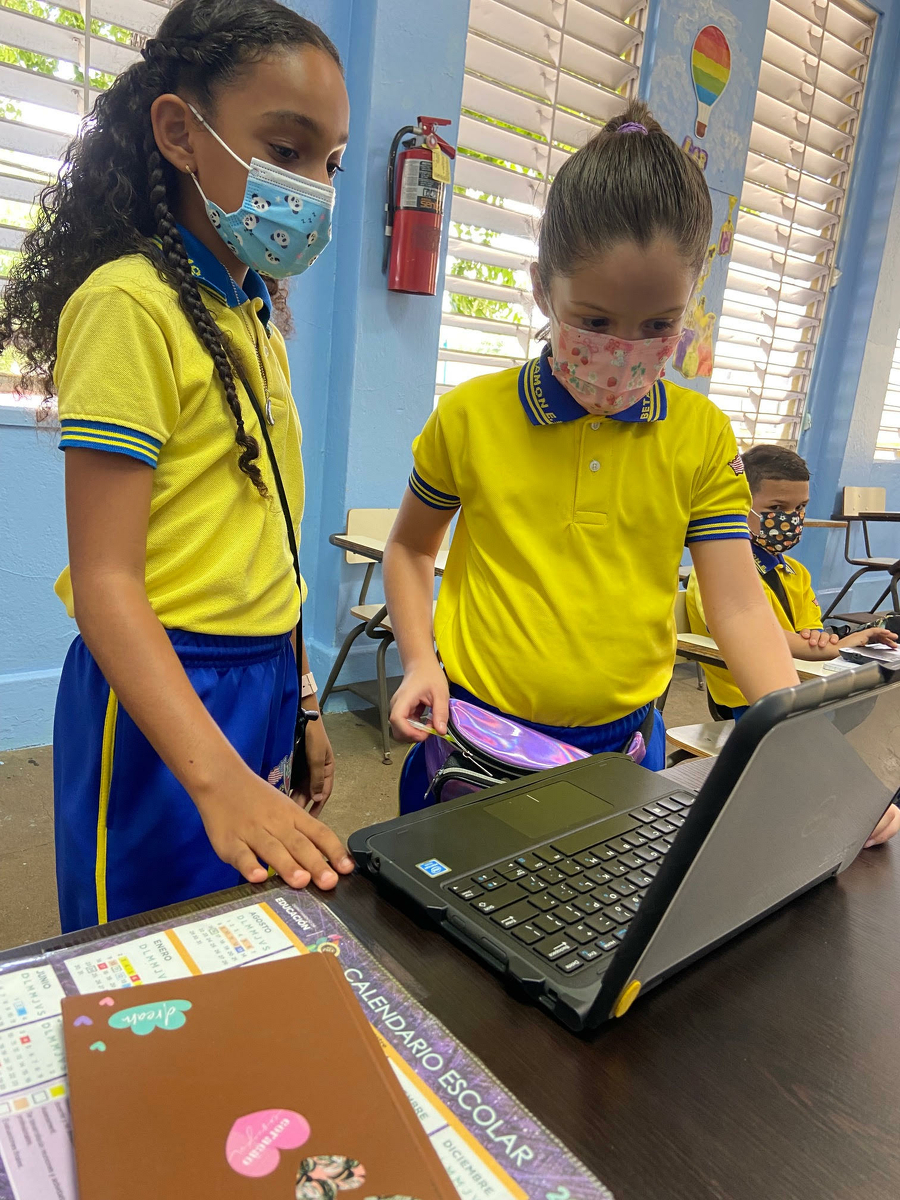

As the ATEMA project is still in progress, only the most preliminary results are available. The research partners see a high level of teacher commitment to closing the mathematics learning gap.
- Supporting teachers matters, and they want the support. Out of approximately 401 teachers eligible to participate in the project’s second cohort, 166 volunteered (41.3%) for extra professional development.
- By the end of the Academic Year 2023-24, all PRDE grades 4-8 mathematics teachers will have been offered coaching and mentoring as part of the ATEMA program.
The embedded research team monitoring outcomes of the ATEMA program also helped design and implement the intervention. Puerto Rico-born FOS Co-Director, Gustavo Bobonis, who co-leads the team, has a long-established relationship with PRDE.
The training and mentoring program assisting mathematics teachers in using computer-assisted learning is being scaled-up across Puerto Rico to support all fourth to eighth-grade Mathematics teachers during the 2023-2024 school year. That represents approximately 670 primary and middle schools In Puerto Rico. The next phase of the research will also investigate the role of parental involvement in program delivery and student improvement.
“Mentoring was a way of planting a seed of positivity in the community, among teachers and students. The improvements they could see on the Khan Academy dashboard, showed the positive effects of peer learning, of creating a community among teachers and students. That perspective will bring them opportunities to learn and to thrive throughout their lives.”
Olgamary Rivera, University of Puerto Rico
Research Team
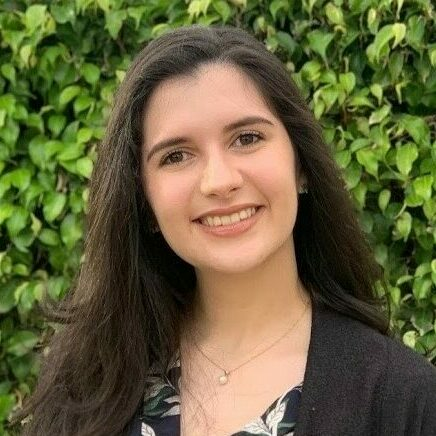
Alina Amador Loyola
Research Manager, Universidad del Sagrado Corazón and Puerto Rico Department of Education

Gustavo J. Bobonis
Co-Director, FOS, Professor, Department of Economics, University of Toronto
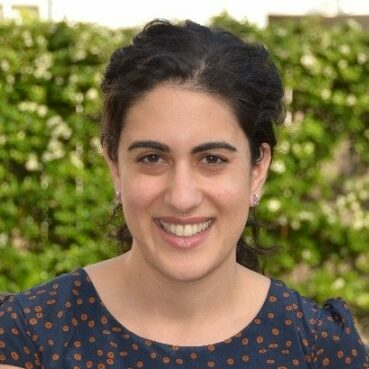
Noreen Giga
Senior Research Manager, J-PAL North America
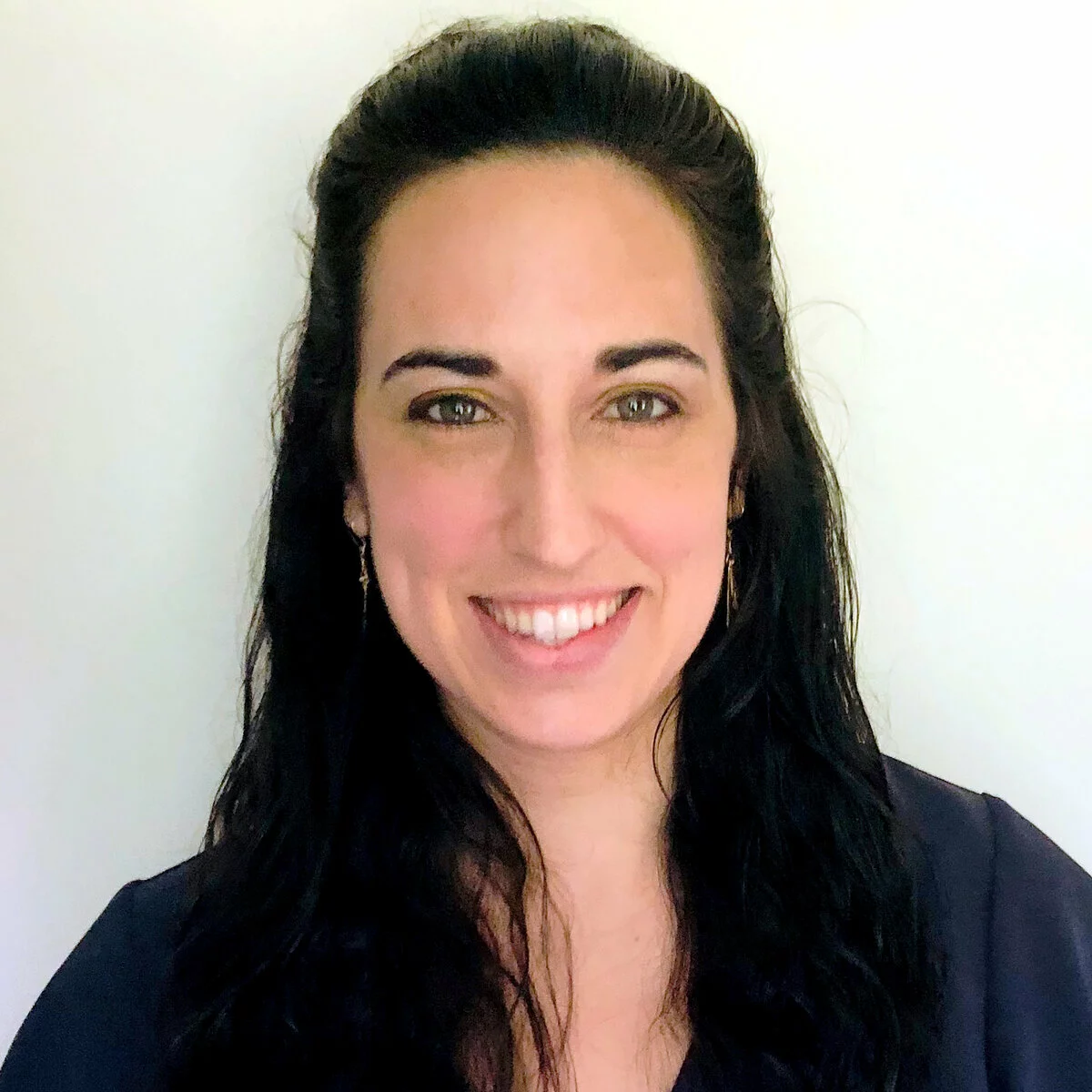
Emily Goldman
Director of Research and Evaluation Partnerships, Forward Society Lab, Puerto Rico (formerly)
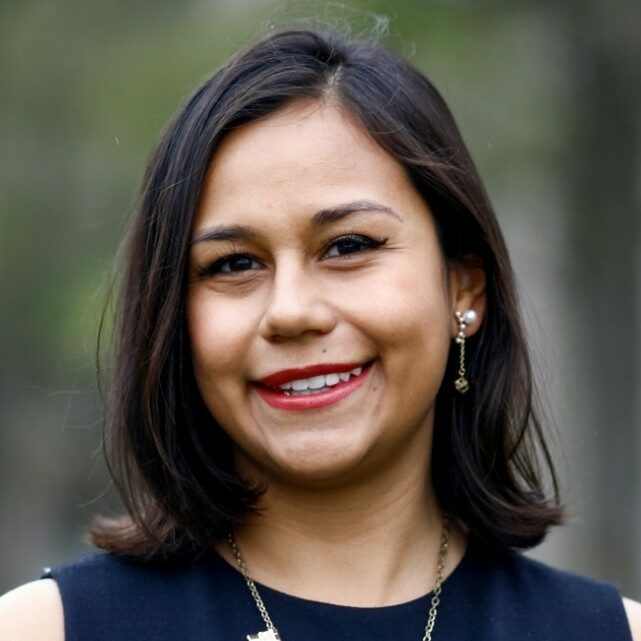
Daniela Gómez Treviño
Research and Policy Manager, J-PAL North America

Sara Mostafa
Pre-Doctoral Fellow, University of Toronto
Faculty Supervisor: Gustavo J. Bobonis

Philip Oreopoulos
Professor, Department of Economics, University of Toronto
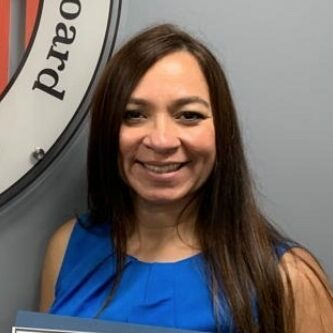
Jeannine Ortiz Morales
Coordinator, Institute for Professional Development, Puerto Rico Department of Education
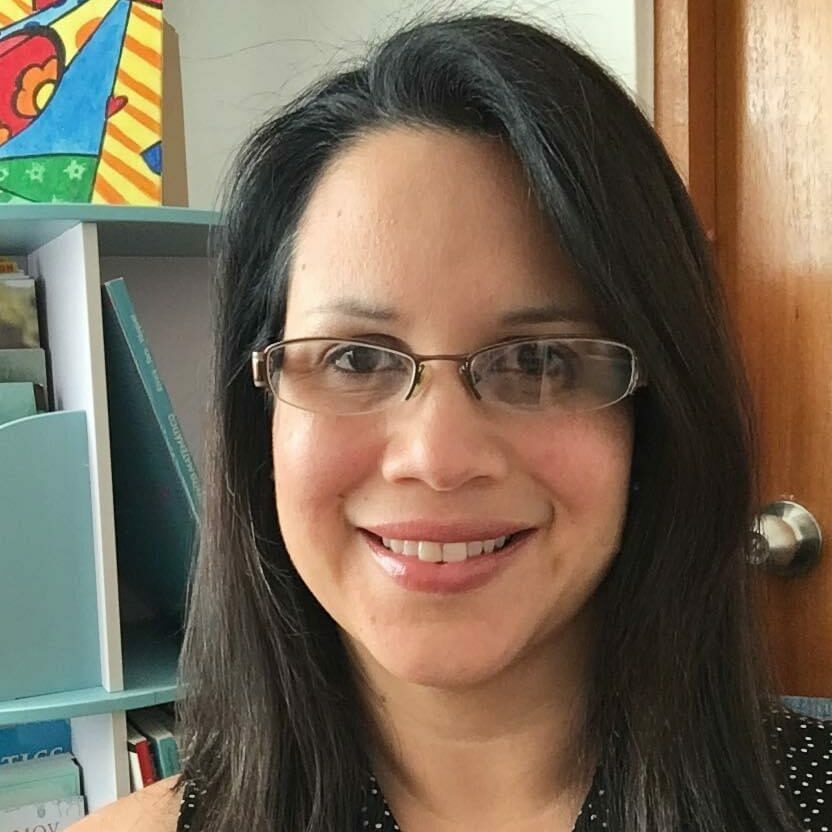
Olgamary Rivera-Marrero
Assistant Professor, Department of Mathematics, University of Puerto Rico

Sara Rodríguez-Martínez
Field Project Coordinator, Universidad del Sagrado Corazón and Puerto Rico Department of Education
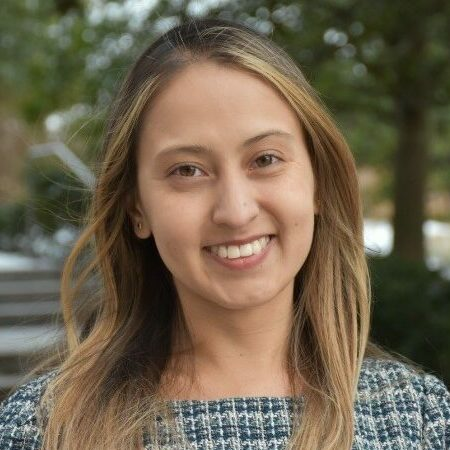
Laura Ruiz-Gaona
Senior Research Associate, J-PAL North America

Orlando J. Sotomayor
Professor, Department of Economics, University of Puerto Rico-Mayagüez
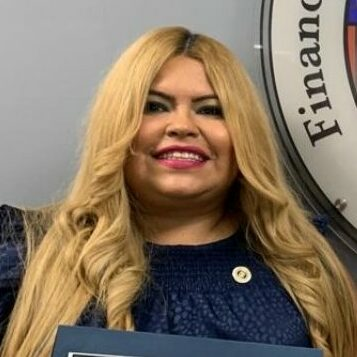
Damarys Varela Vélez
Operations Manager, Institute for Professional Development, Puerto Rico Department of Education
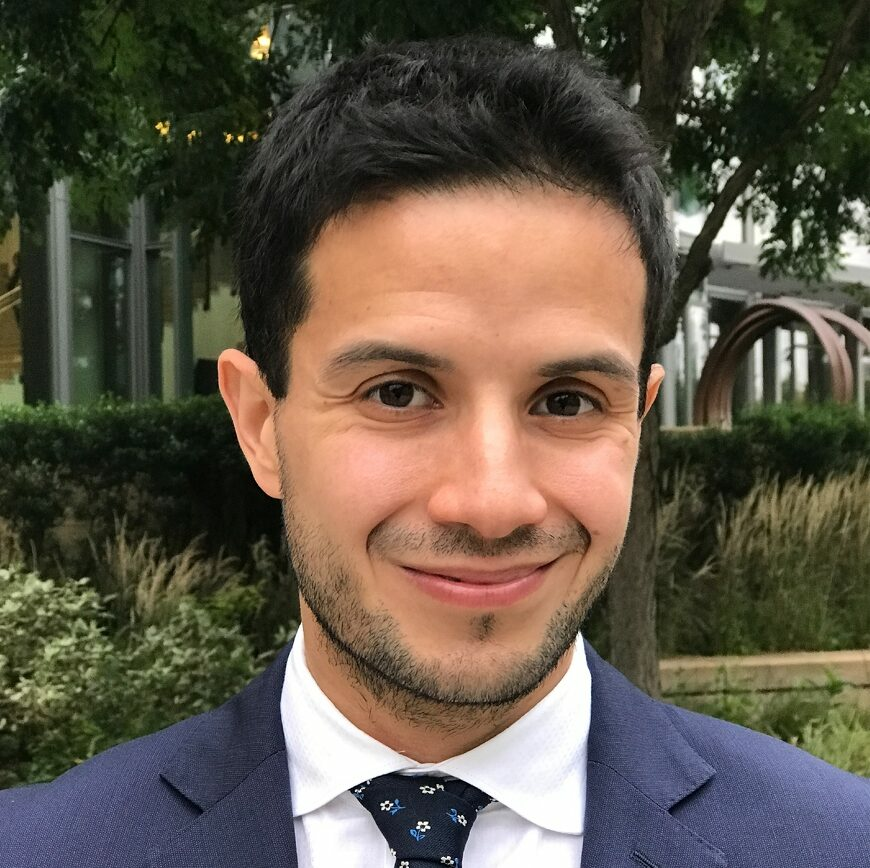
Román Andrés Zárate
Assistant Professor, Department of Economics, University of Toronto
Associated Policy Partners
